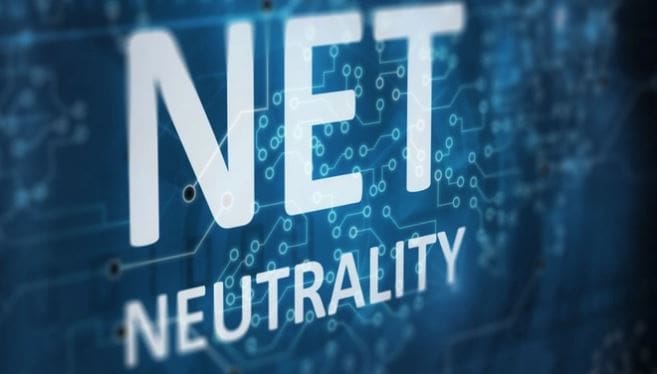online grid neutrality is one of internet usages primary (yet not uncontested) principles.
It dictates that ISPs or Internet Service Providers must treat all internet communications equally.
Or any other video hosting site.

In other words, user-configured child blocks are fine.
Still, if an ISP were to impose adult content bans, that would violate net neutrality.
Its worth noting that net neutrality isnt a law everywhere and, indeed, not enforced the same way.
For example, the term and definition have been under fire in the US since the 90s.
This law didnt pass the Senate and was repealed entirely under the Trump administration.
The arguments over net neutrality are roughly the same around the globe.
It can interfere with the ability of specific websites to compete with others.
ISPs could interfere directly with online-based businesses abilities to stay competitive, for example.
Another issue is the possible discrimination by IP address or outright censorship without net neutrality.
Certain countries such as China, Russia, and North Korea actively engage in this openly.
For example, they deem their ISPs block government websites of countries unacceptable.
This means that imposed bans can go as far as blocking specific search terms from users.
A popular example is Chinas well-known Tiananmen Square massacre on June 4th, 1989.
Users who only use those sites might get a significantly cheaper deal and end up paying less.
But that setup is mainly theoretical, as there arent many (if any) examples of this working.
Rendering resources such as Wikipedia is free or close to free.
A more general positive would be the possibility of making specific resources free to use entirely.
That, too, is a theoretical example and comes with challenges.
For example, who decides which sites should be free or are for the public good?